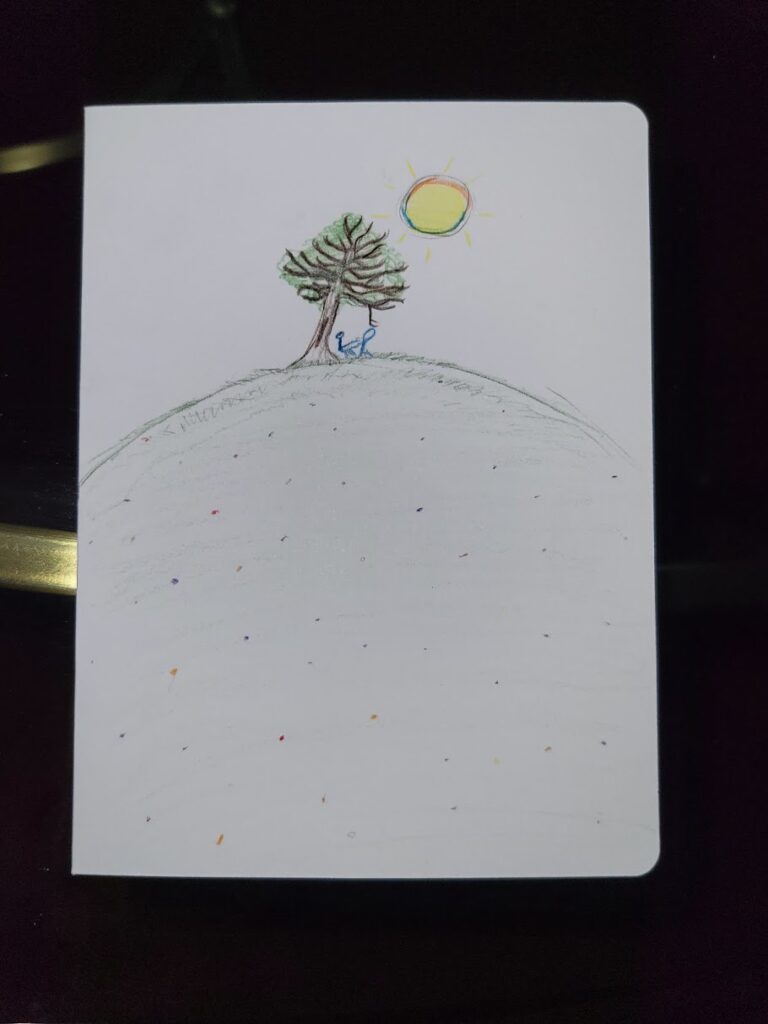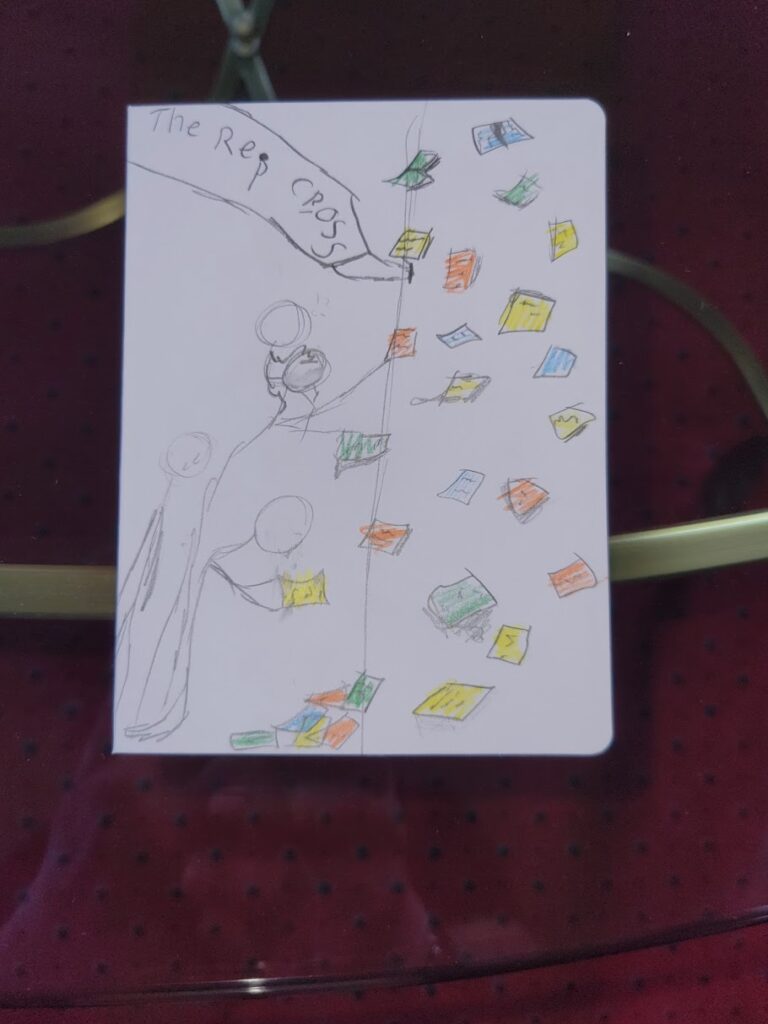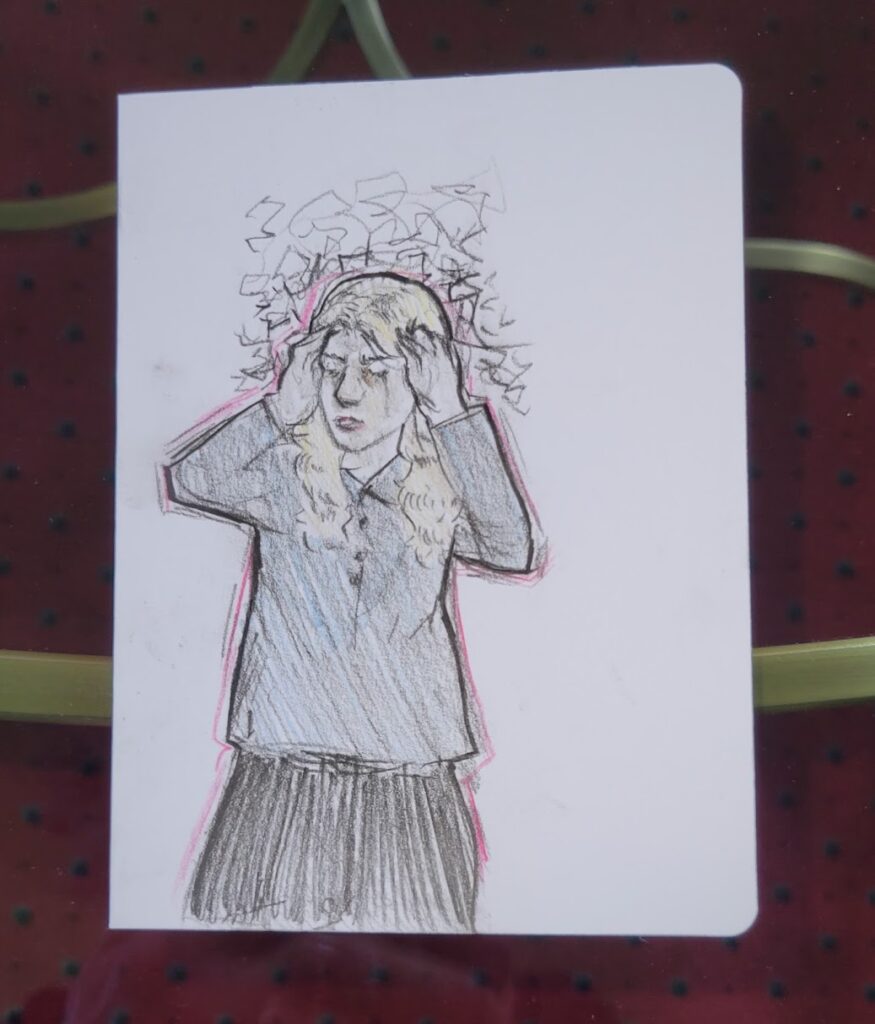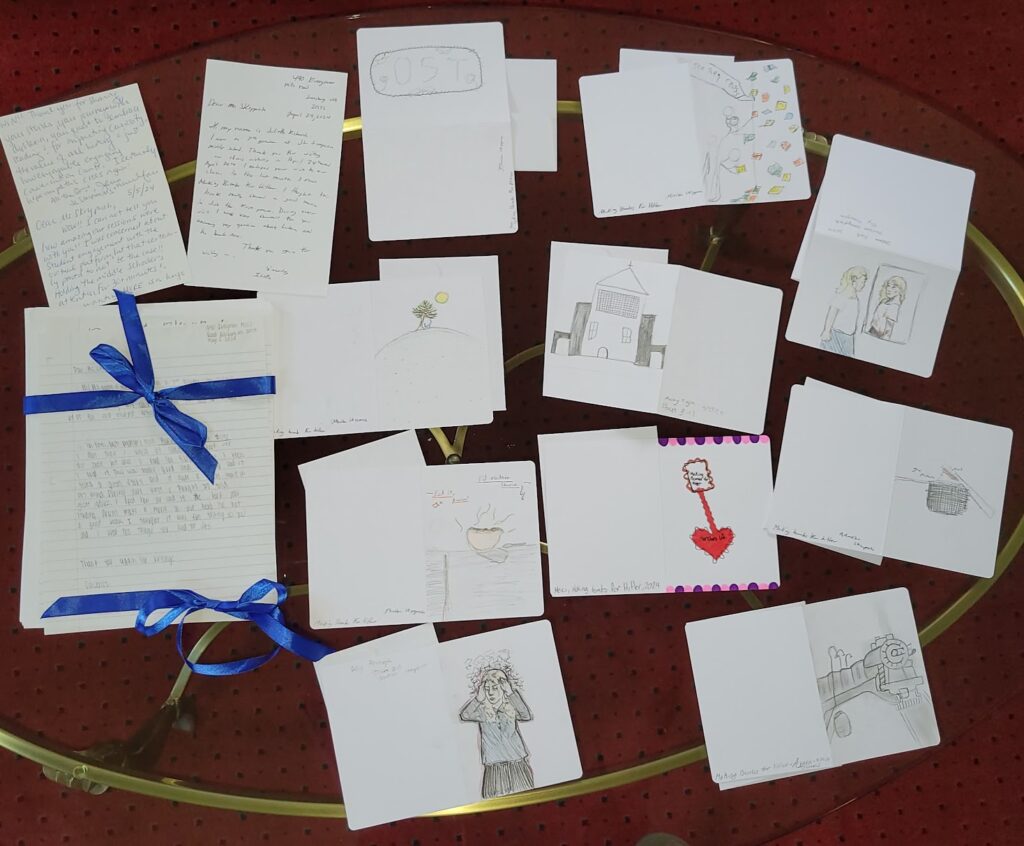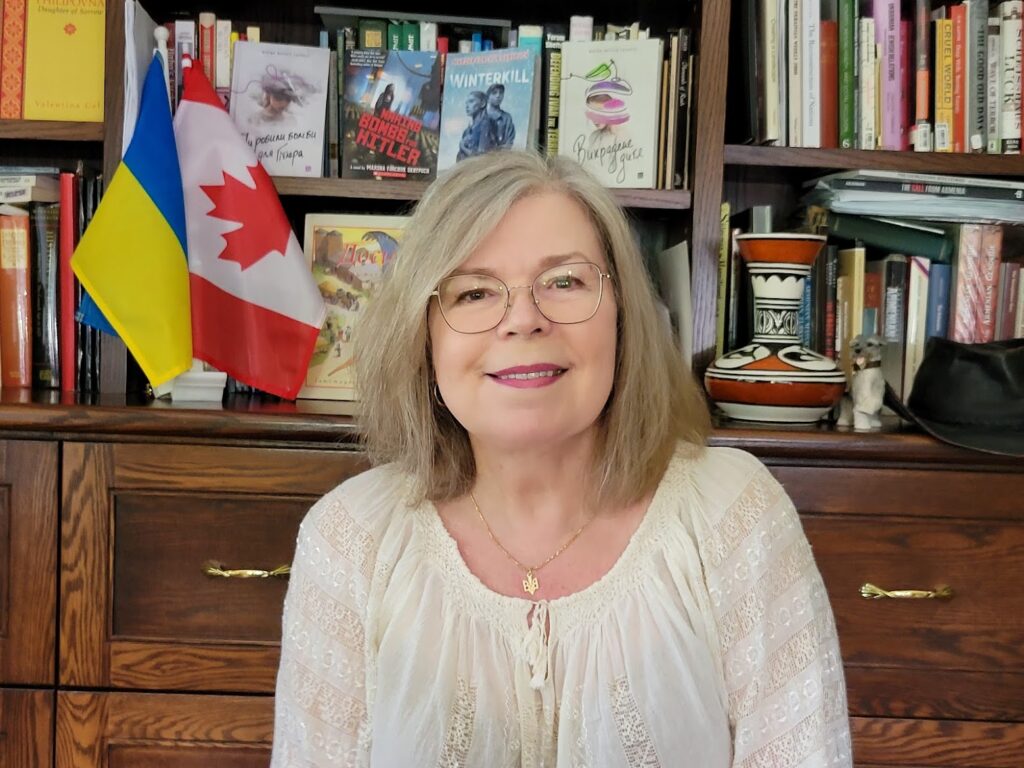
New author pic

writes about war from a young person's view #bannedbyrussia

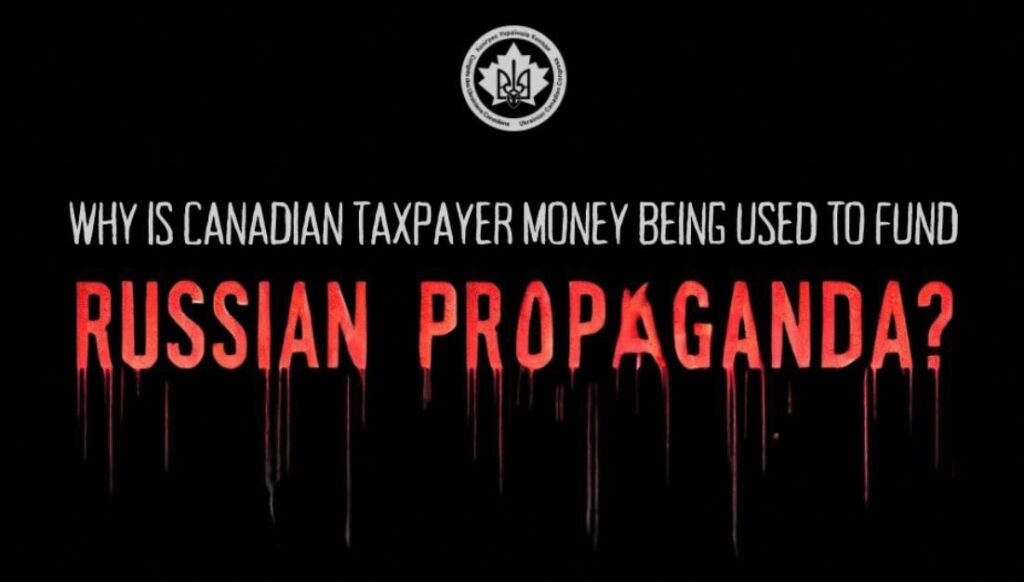
Here is the core of the letter that I’ve sent to my MPP and MP. Please feel free to model your own letters from this.
There is a new pro-Russian documentary titled Russians at War currently being shown at the Toronto International Film Festival (TIFF). This propaganda piece was partly funded by Canadian taxpayers. This is a worldwide humiliation for Canada, that we would allow public funding to normalize the genocidal acts of Russian soldiers in Ukraine.
The filmmaker is Anastasia Trofimova, a Russian Canadian. She imbedded herself into a Russian unit as they invaded Ukraine. Is it not treasonous for a Canadian to accompany the invasion of one of our allies?
Ms. Trofimova claims that she embedded herself at great personal risk. Given that an American-Russian ballet dancer was jailed in Russia for merely donating $50 to a Ukrainian charity, this claim doesn’t hold water. This filmmaker has done many documentaries for Russia Today (RT), a Russian propaganda outlet banned in Canada. This film is propaganda, with the goal of “normalizing” Russian soldiers who volunteer to go to Ukraine to rape, steal and kill. It was produced in association with TVO and BC’s Knowledge Network, and partly funded through the Canada Media Fund (CMF), that gets its funding from the federal government and telecommunications companies.
In the short term, please demand that TIFF delist the film and post a public apology.
The larger question is how did we let this happen? Canadian taxpayers’ money should not be used to fund Russian propaganda.

Love having the opportunity to speak the backmatter and acknowledgements for the audio editions of my books. Today, I did that for Kidnapped from Ukraine: Under Attack, Scholastic. Thank you, Will Crann at Catherine North Studios in Hamilton! I have deep respect for professional narrators who do this all the time.
Thank you Dr. Mateusz Świetlicki for sending me these screen shots from Polish Amazon. Kidnapped from Ukraine: Under Attack will be published on Jan 7, 2025 and is currently a #1 new release in two categories: Europe for children, and historical fiction for children:
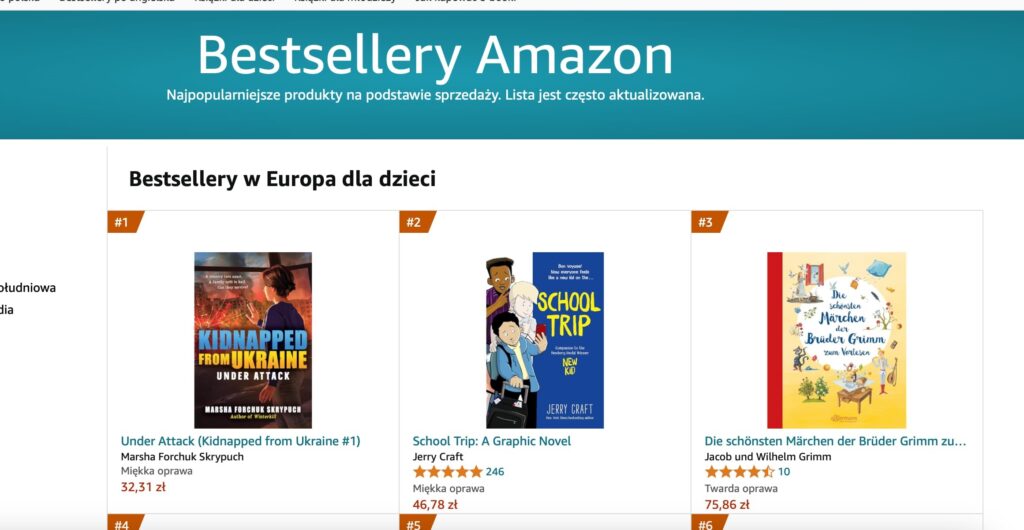
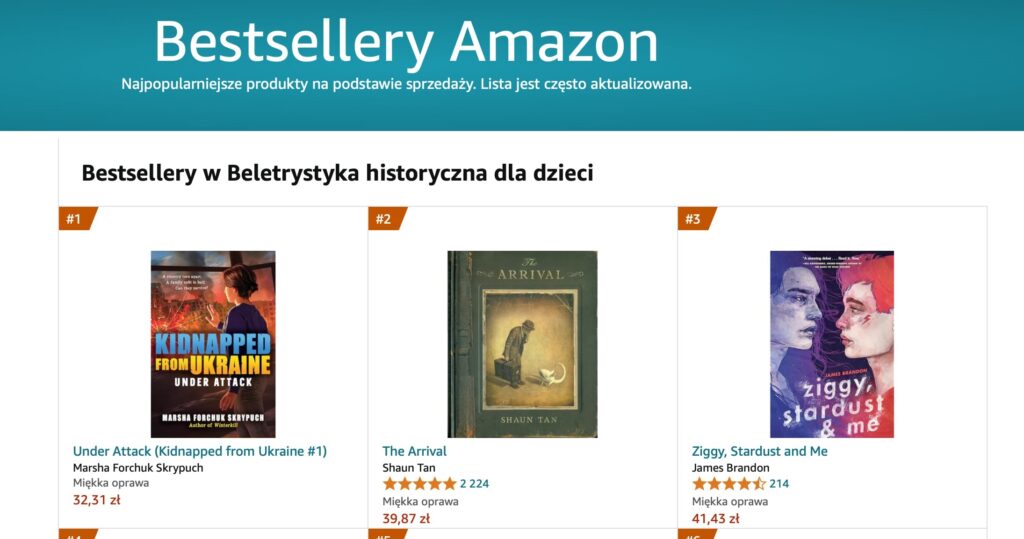
This novel will be published on Jan 7, 2025, so imagine my surprise to see it pop up as a #1 release on Amazon.com. Yay!
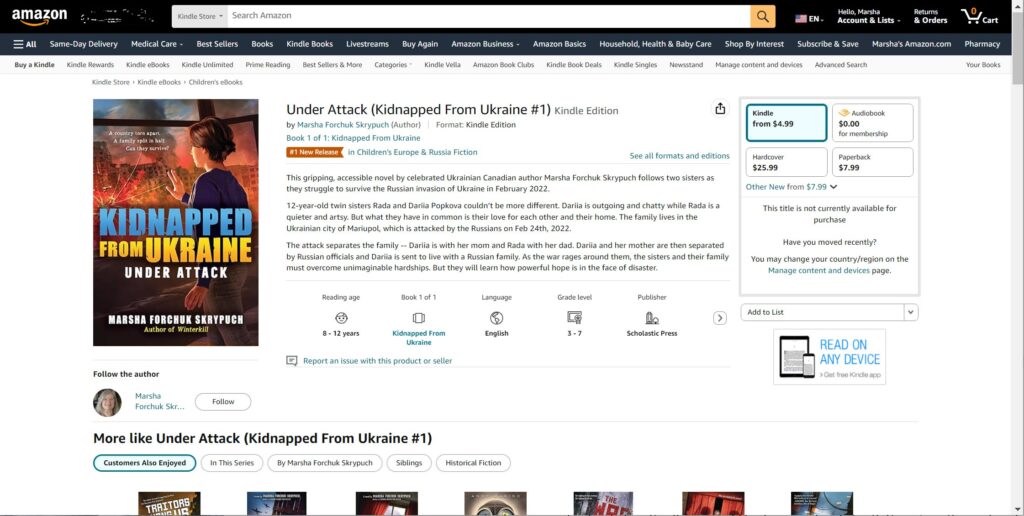
I never thought I would be writing about a war as it’s happening. When the war in Ukraine began, I had been writing a companion novel to Winterkill, but had to set it aside. I plunged in to a project I had been working on for a long time: a novel set in the 1500s. Then Scholastic asked me to pivot. It took a lot of soul-searching, but in the end I realized I had to do this. The emotional pain of researching and writing these three books is nothing compared to what Ukrainians are enduring every minute, every hour. I invite you to step into the shoes of 12 year old Dariia and her twin sister Rada. Feel what it’s like to wake up one morning to your bed shaking from bombings. To have your country invaded by a jealous neighbor who doesn’t acknowledge your right to exist.
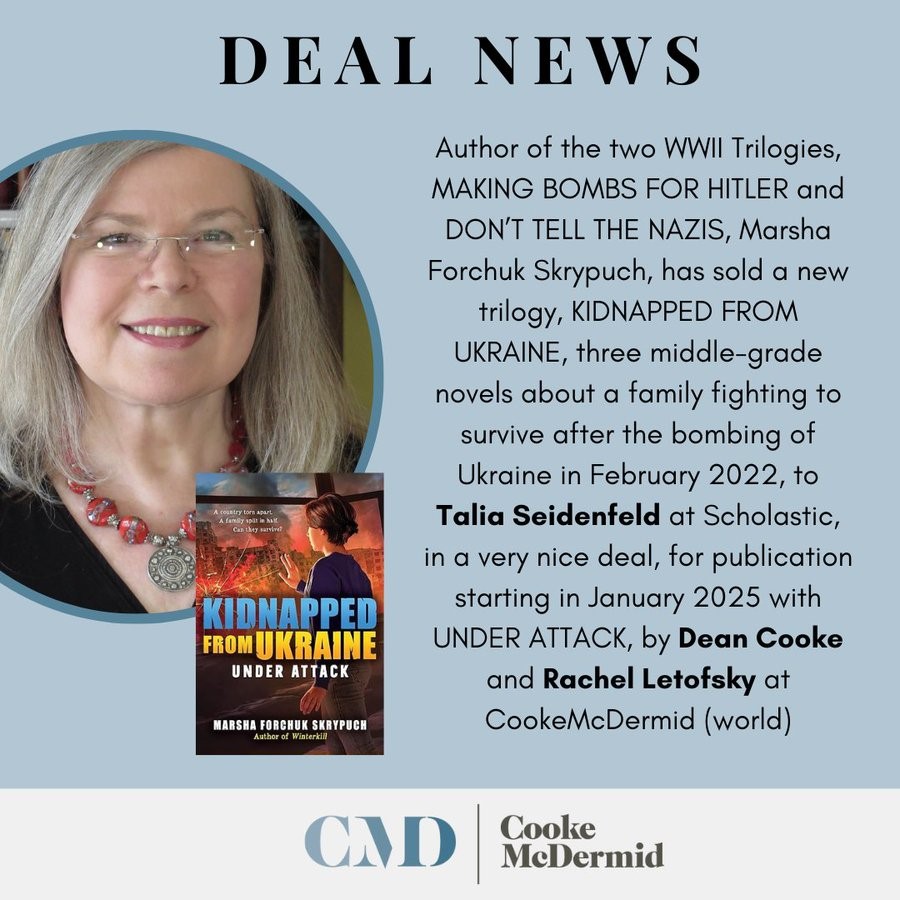
The audio edition of The War Below will be released on Sept 24th, 2024 by Tantor Audio, with Kyle Tate as narrator. Very thrilled about this! Thank you Maral Maclaghan, Scholastic Canada rights manager extraordinaire!
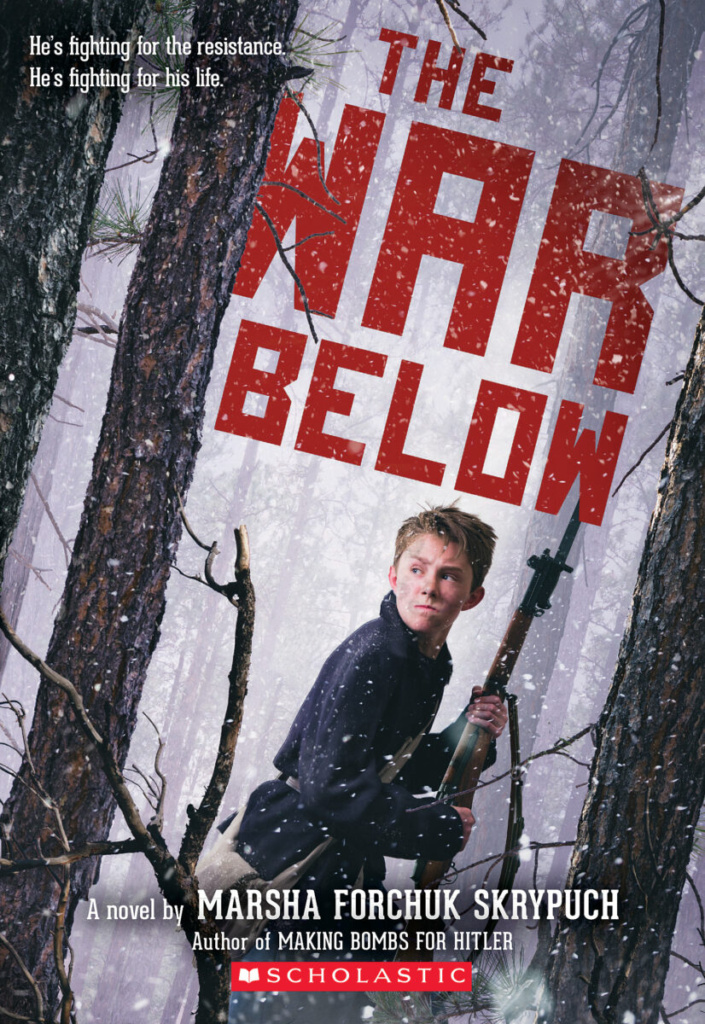
Just had a virtual chat with two first-time-published kidcritters and Adrian’s name came up. Then I realized, this lovely pic wasn’t on my website. Adrian has been in my writing group for a very long time and he’s a FABULOUS writer.
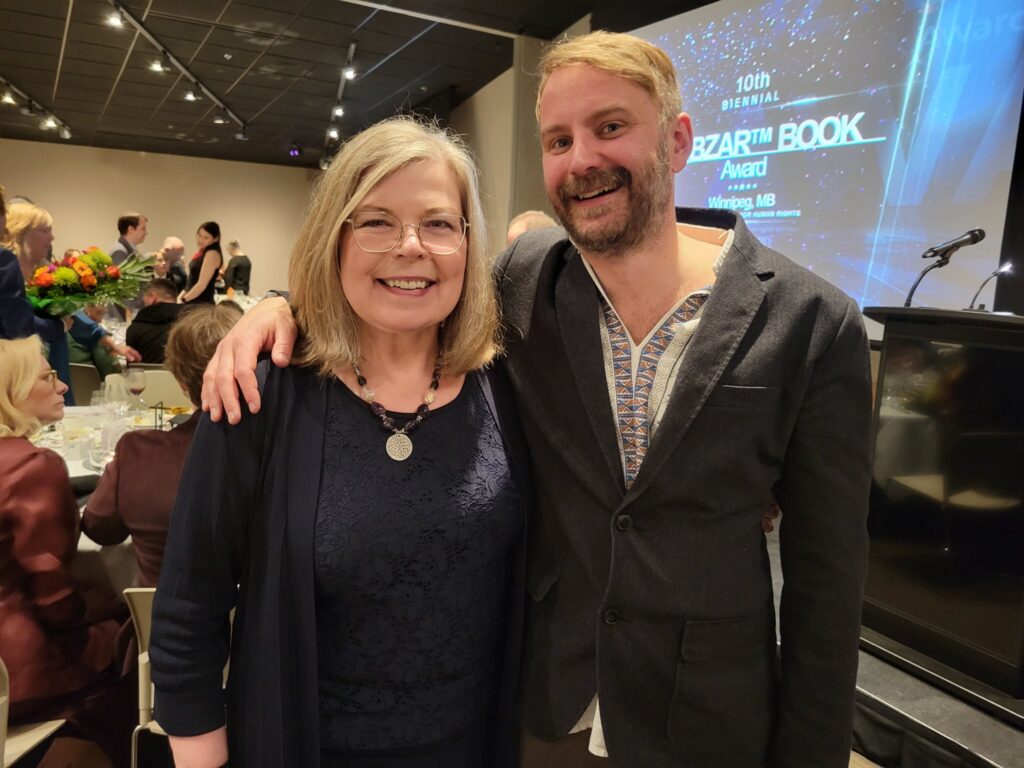
Ann Featherstone was an editor like no other, but she was also my friend. She helped birth so many phenomenal children’s books, and I’m honoured that she helped to birth many of my own. Ann, when I write, I think of the lessons you taught me. Vichnaya Pamyat.
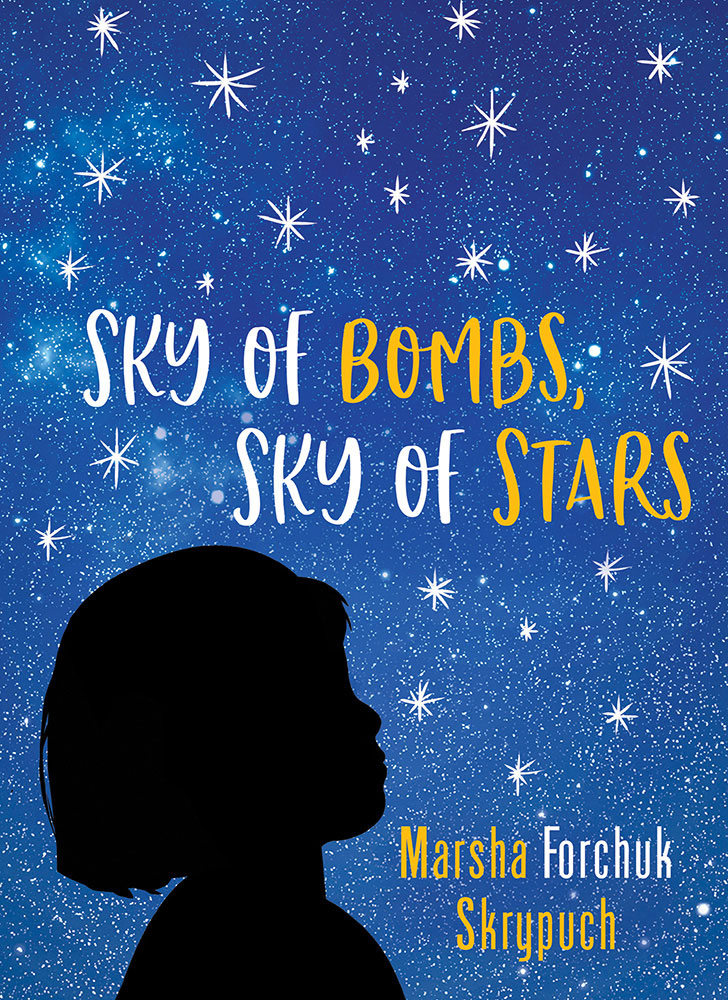
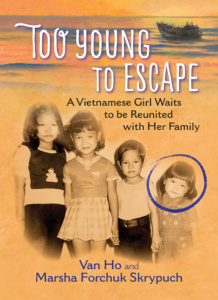
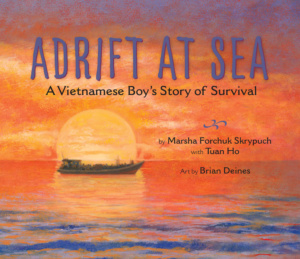
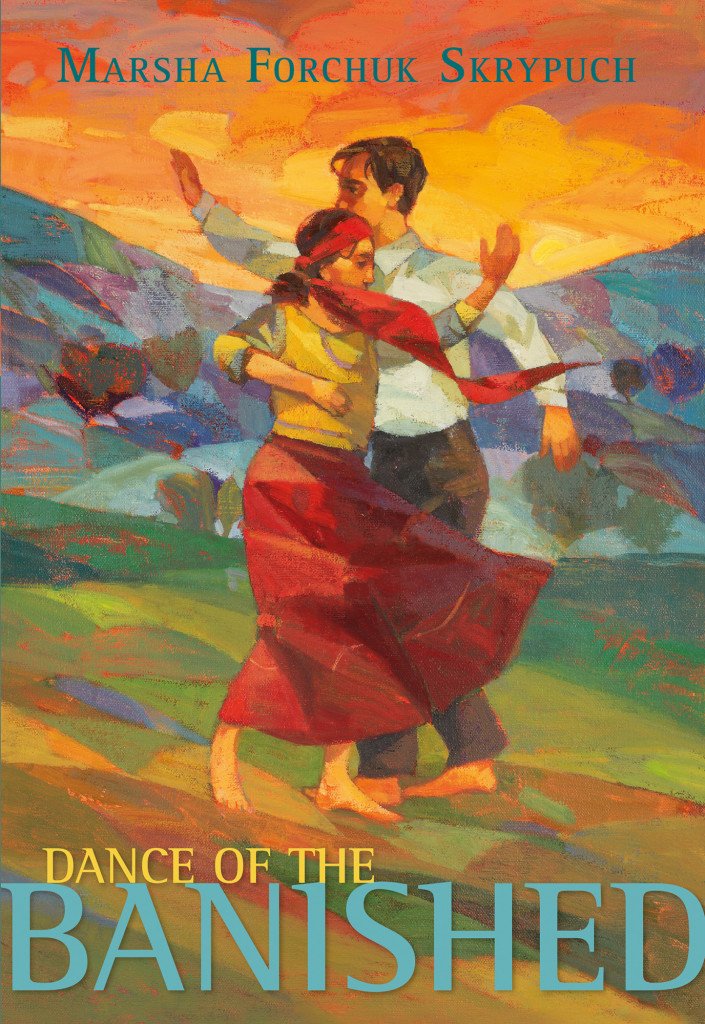
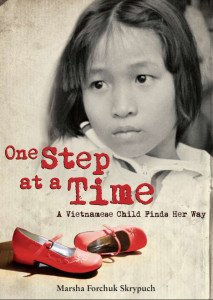
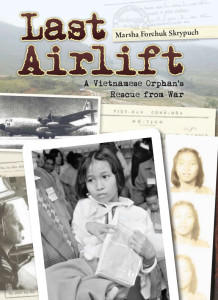
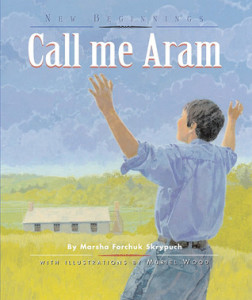
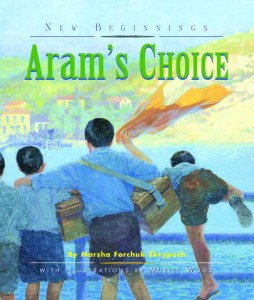
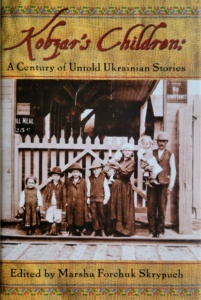
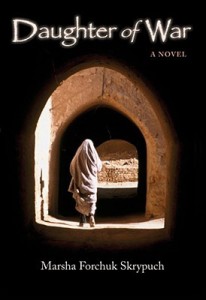
I just received the most beautiful package of letters and cards from students and staff at JL Simpson MS (Virginia) in response to 6 virtual visits over two days that we did together a few weeks ago. Jeannine and I had corresponded about this for about a year and I was very impressed by the students and their in-depth questions on a wide variety of my books, and about history, and about the current war in Ukraine. The letters were tied in a blue satin ribbon, and the cards are amazing. Individual student artists created cards based on scenes from books. The artwork below is inspired by Stolen Girl, about Nadia’s joy at having a tree with a swing, now that she’s safe and living with people who love and care for her.
